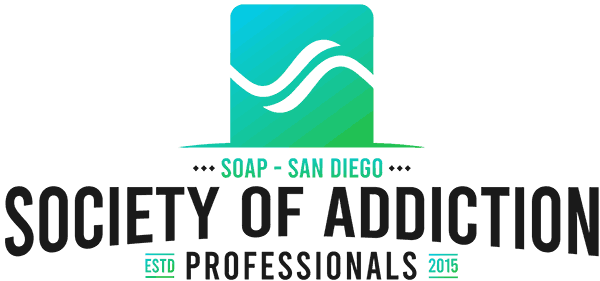When you were using drugs or alcohol, it’s a given that you weren’t able to take care of yourself or your health. Addiction is considered a physical, mental and spiritual disease. Once you’re clean, your body takes time to adjust now that you’re not putting toxins in it all the time. Taking care of yourself is now an essential part of daily living.
Mental Health and Recovery
Many people in recovery discover they also have a mental health disorder. It’s common for people who have symptoms of a mental health disorder to self-medicate with alcohol or drugs.
When you remove the drugs, you may have anxiety, cycle through mood swings, or begin to have nightmares. All of these are things that can signal a mental health disorder. While you’re in drug treatment, you will be screened for mental illness.
When you’re done with treatment, you should still take a regular inventory of your mental wellness. Do you have anxiety that interferes with your daily living? Do you feel tired, sad, depressed or sluggish most days of the week? Are you angry or do you have trouble controlling your anger? All of these could be symptoms of something more than just life in recovery.
Treat yourself well, get help when you need it, and reach out if you’re struggling. A referral to a qualified professional can help you take care of yourself.
If you take medication for your symptoms, follow your prescription and reach out to your doctor if you feel it’s not working. Make sure you go to all of your appointments regarding your mental health, too.
Physical Health and Recovery
Now that you have been clean and sober for a while, it’s time to start repairing the damage of addiction. This means that you need to take care of your physical health. Eating nutritionally, getting exercise and enough sleep can help you accomplish this goal. But there’s more to it than that.
As a person in recovery, you’ve put your body and brain through a lot of physical distress. Now, it’s time to take care of yourself. See your doctor and dentist regularly.
Talk with your doctor and let her know if you have aches, pains, or other concerns.
Depending on your age, you may need to be screened for certain conditions. Your doctor will probably also want to assess you for health problems related to your drug use, as some people who use opioids and other drugs are more susceptible to other health conditions.
Taking Care of Yourself
For a long time, you probably didn’t take care of yourself. Now it’s time to treat both your body and your mind well. Eating healthy can be accomplished with the help of a nutritionist. You may want to ask others in recovery what they do to keep their mental and physical health in check. Remember – you only get one body. Treat it well, and with the respect it deserves. Mental health is just as important as physical, and if you suffer from any disorders, learning to manage them is an intrinsic part of your recovery and path to wellness.
When you feel well, you make better decisions and feel better in general. Take the time to make sure your recovery includes health and wellness.

